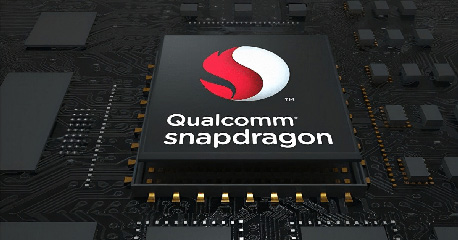![]()
Samsung Electronics has started to develop semiconductor chips for white goods, and will also promote a plan to connect white goods at home with electric vehicles. The move is to gain an edge in the increasingly fierce global competition in home appliance technology.
According to news from the Korean electronics industry on the 3rd, Samsung Electronics is advancing a project to research and develop semiconductor chips for white goods. The goal of this project is to install the core performance of information memory, control and other driving white goods on a thin silicon wafer with a length and width of about 1 cm. Previously, although there were many semiconductor chips used in televisions, smartphones, and computers, there were no semiconductor chips related to white goods such as refrigerators, washing machines, and vacuum cleaners.
After the successful development of semiconductor chips for white goods, the replacement of old and new household appliances is expected to officially begin. Because the ultra-light, ultra-thin and high-efficiency of home appliances can be realized through semiconductor chips. The memory capacity of semiconductor chips is very large, and one chip can input information of hundreds of thousands of original sheets. If the chip performance is improved, dozens of functions can be added. It is also possible to make the product smaller and lighter.
This idea came up when Samsung Electronics considered white goods that would be used in electric vehicles in a few years. It is reported that in order to maintain the absolute leading technology of home appliances, Samsung Electronics has a great sense of urgency to develop high-performance semiconductor chips. A Samsung Electronics official said that in the era of electric vehicles, smaller, lighter and more efficient home appliance technology will become the core competitiveness.
Samsung Electronics determined that the market for "home appliances entering electric vehicles" would open, so it developed semiconductor chips for white goods. This is to formally conduct the "New Connected" experiment that connects home appliances, cars, and mobile devices using the Internet of Things (IoT) and artificial intelligence (AI) technologies.
The Korean industry believes that if driverless cars are officially launched, they can enjoy entertainment such as TV in the car while moving without holding the steering wheel. At that time, there will be a trend to miniaturize the large appliances in the living room and transfer them to the car. Electric vehicles use motors instead of engines, so the interior of the vehicle is relatively spacious and it is easy to place appliances.
The main management of Samsung Electronics believes that this transition of old and new must be dealt with within a few years. Just as the mobile application processor (AP), which acts as the brain of a smartphone, is introduced, leading to the replacement of mobile phones, the white goods market will also change.
The global home appliance industry is also actively investing in R&D to secure next-generation technologies. Not only South Korea's Samsung Electronics and LG Electronics, but also Whirlpool in the United States, Dyson in the United Kingdom, and Haier in China are all making large-scale technology investments.
The smart home business that these companies have devoted themselves to since 2010 is expected to be actively applied in the era of the auto show. The smart home is based on connectivity, so scalability is considered competitive. In the future, the use of white goods will be more convenient and extensive, from the smartphone in the hand to the main daily areas such as the living room and the car.
It is reported that Haier has been working on smart homes for several years after acquiring the appliance division of General Electric (GE) in the United States in 2016. In 2019, the company name was changed from Qingdao Haier to Haier Smart Home.


